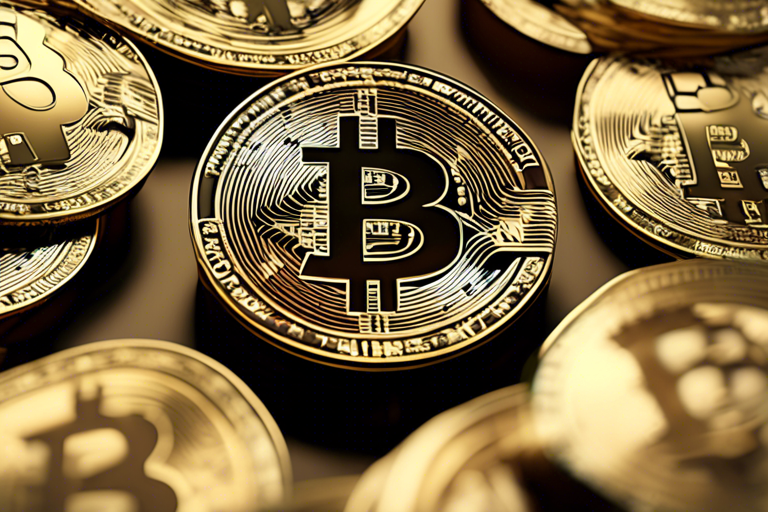DraftKings Faces Legal Battle Over NFT Securities
The ongoing legal dispute between DraftKings and NFT buyers has taken a new turn, with a US judge rejecting the company’s motion to dismiss the class action lawsuit. The lawsuit alleges that DraftKings, along with its CEO, CFO, and president, violated federal securities laws by selling non-fungible tokens (NFTs) that should have been registered as securities. Here’s a breakdown of the latest developments in the case:
Allegations Against DraftKings
Justin Dufoe initiated the class-action lawsuit in March 2023, claiming that DraftKings’ NFTs should be classified as investment contracts according to the Howey Test, a standard used to determine whether certain transactions qualify as securities. The lawsuit specifically alleges that:
– DraftKings knowingly sold unregistered securities
– The company profited significantly from these sales
– The defendants were aware that the NFTs they offered met the criteria of securities under federal and state securities laws
Inception of DraftKings NFTs Marketplace
In 2021, DraftKings introduced the ‘DraftKings Marketplace’ on the Polygon Blockchain, showcasing digital collectibles spanning various categories such as sports, entertainment, and culture. Their debut NFT featuring football star Tom Brady garnered prices ranging from $12 to $1,500 each, signaling significant interest from collectors and fans alike.
US Court Denies Motion to Dismiss
Despite DraftKings’ efforts to have the lawsuit dismissed, the US District Court District of Massachusetts rejected the motion lodged by the company. The court upheld the Plaintiff’s claim that DraftKings’ NFTs could be categorized as investment contracts and therefore fall under the definition of securities according to the Howey test.
Key Points of the Court Ruling
The US court’s decision revolved around crucial aspects of the Howey test to determine if DraftKings’ NFTs qualified as securities. The key considerations included:
– Whether investors anticipated profits solely from the efforts of others
– Pooling of assets from multiple investors
– Common enterprise structure where investors shared profits and risks
Implications of the Legal Standoff
The Plaintiff’s case revolved around the assertion that DraftKings’ marketing tactics and promotional activities influenced buyers to view the NFTs as investments poised for appreciation. Moreover, the Plaintiff argued that DraftKings’ efforts were the primary driver behind the NFTs’ market value, creating a reliance on external factors beyond investor control.
What Lies Ahead
With the court refusing to dismiss the case, the legal proceedings will likely shed light on the evolving landscape of NFT regulation and enforcement. DraftKings’ NFT lawsuit could set a precedent for future cases involving digital assets and their classification as securities.
Hot Take: Legal Showdown Continues for DraftKings
The rejection of DraftKings’ motion to dismiss the class action lawsuit underscores the legal hurdles the company faces in the NFT market. As the legal battle intensifies, the outcome will not only impact DraftKings but also have broader implications for NFTs and their regulatory status in the digital asset space.





 By
By
 By
By
 By
By

 By
By